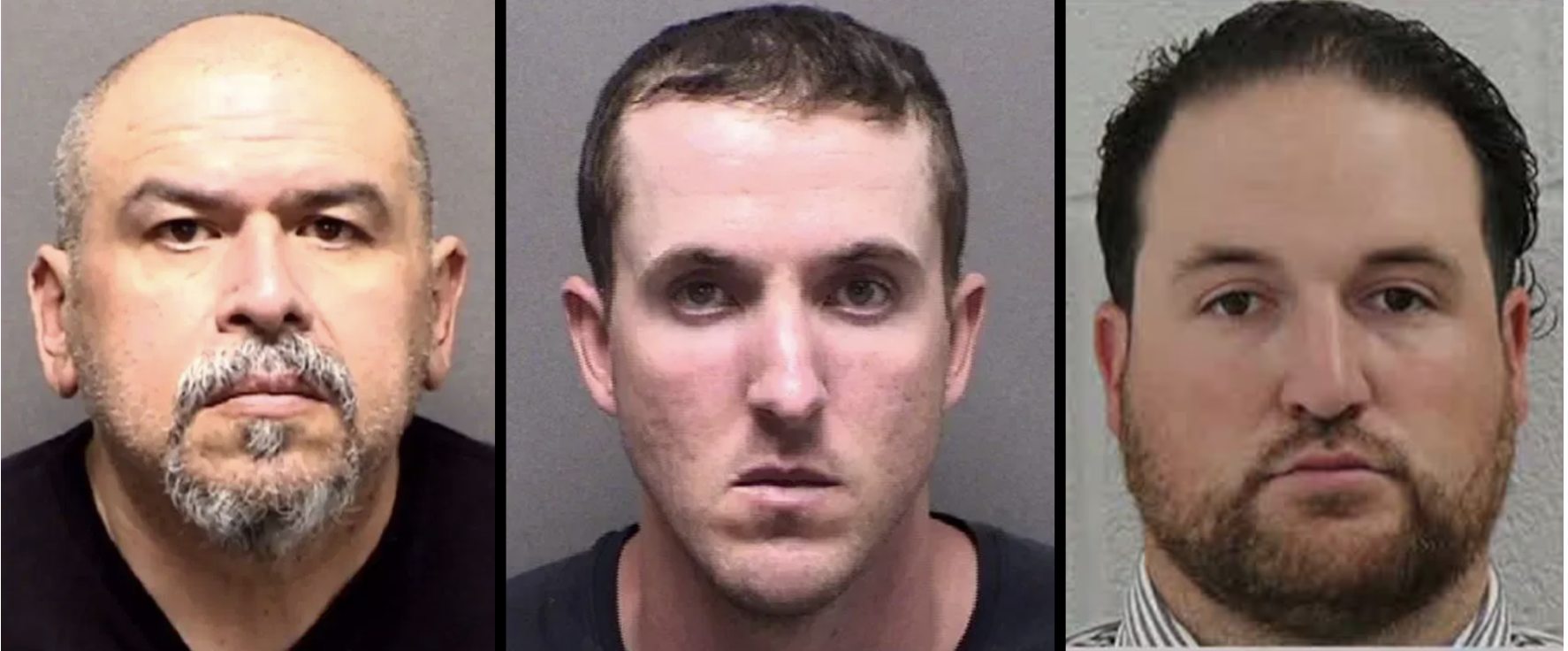The events over the last two years in Texas thrust Chapter 418 of the Texas Government Code, or the Disaster Act of 1975, into the political spotlight. Much of the recourse government entities took to respond to the COVID-19 pandemic certainly caused many to demand reform over the controversial authorities.
Just last year, as lockdowns and mandates were implemented in response to the COVID, several lawmakers expressed that they felt generally helpless and unable to address many of their constituents’ concerns, as they were not convened in a legislative session at the time and only Gov. Greg Abbott had the authority to convene the legislative body in interim periods.
In the absence of legislative action, Abbott resorted to issuing a litany of executive orders and actions, including some that allowed local governments to enforce their own schemes in dealing with COVID-19.
Several lawmakers promised to address these issues during the 87th regular legislative session earlier this year. That session and three special legislative sessions have now come and gone, with very little to show in the way of reform for executive overreach.
Varying Approaches Between Legislative Chambers
From the outset of the regular legislative session, both legislative chambers prioritized different approaches in reforming the emergency powers of both the executive branch, or governor, and local governments.
The Texas Senate was generally quick to pass legislation that did both. Legislation authored by Republican State Sen. Brian Birdwell (Granbury) passed the Senate but was never granted a hearing in the Texas House State Affairs Committee. Similar legislation specific to curtailing overreach of local governments, authored by Republican State Sen. Paul Bettencourt (Houston) passed both the Senate and House Public Health Committee but failed to be considered by the overall House of Representatives before a key deadline.
Most legislation that originated in the Texas House was never ultimately considered, including legislation ensuring that no executive order, proclamation, or regulation can require a person to wear a mask or other personal protective equipment, or legislation seeking to get rid of any penalty for not following an emergency management plan. Several pieces of legislation were filed to require that no disaster or emergency declaration could last beyond 30 or 60 days without the governor being required to convene the Legislature to consider its extension. All were never considered.
At the end of it all, the House only considered one of the bills related to emergency powers: House Bill 3, or the Texas Pandemic Response Act, by State Rep. Dustin Burrows (R–Lubbock).
Texas Pandemic Response Act
As filed, the proposed Texas Pandemic Response Act had been criticized for expanding and codifying the emergency powers used by Abbott since the beginning of the coronavirus disaster declaration nearly one year ago. Rather than eliminate the ability of the governor to issue edicts during pandemics, it instead established a new section of code to issue “pandemic disasters.” Those emergency powers were largely the same as the current disaster powers Abbott used to justify his edicts and mandates over the past year with the “force and effect of law.”
A revised version was heard in the House State Affairs Committee on March 11 but was left pending for almost two months before being successfully voted out on May 4. The House considered the bill, and it went on to pass on May 11. The Senate later went on to pass a completely revised version of the legislation; the legislation ultimately died, as both legislative chambers were unable to reconcile the differences before a key deadline.
Mask Mandates
One of the amendments offered onto the Texas Pandemic Response Act as it was being deliberated in the House of Representatives would have effectively precluded both the governor and local governments from mandating the wearing of masks. Notably, the amendment was originally successfully added to the bill with no debate, and the House moved on to consider additional amendments.
A short time later, Burrows acknowledged his desire to reconsider the amendment, as Democrat lawmakers had complained that it was accepted without their knowledge. The body later voted it down, with seven Republicans joining Democrats in allowing both the governor and local governments to require the wearing of masks when responding to a pandemic. Ultimately, the House rejected a proposal to ban mask mandates.
A Failure
Ultimately, after four opportunities to do so over the past year, the Legislature failed to address the issues of emergency powers reform and mask mandates, despite promises to the contrary.





